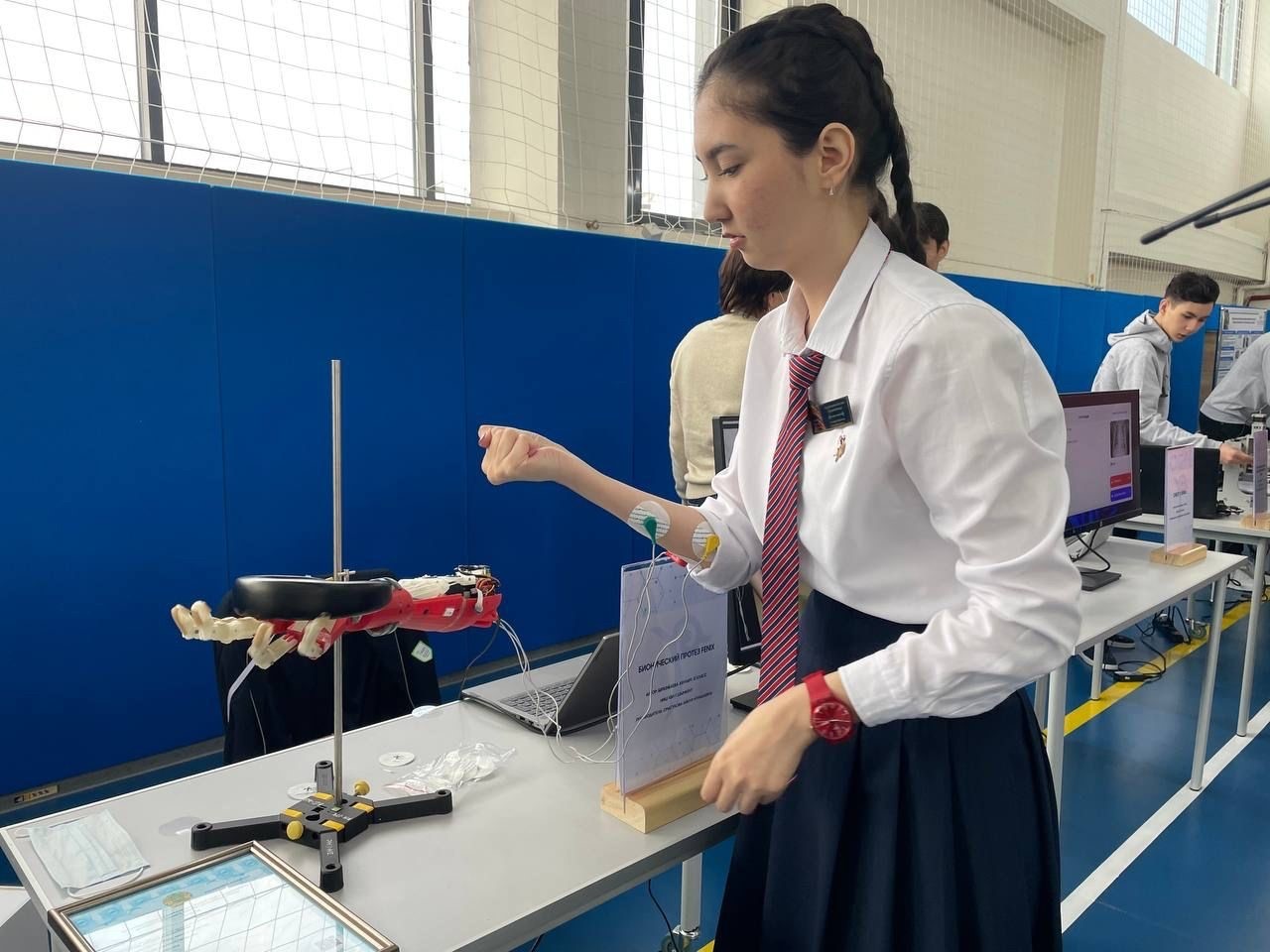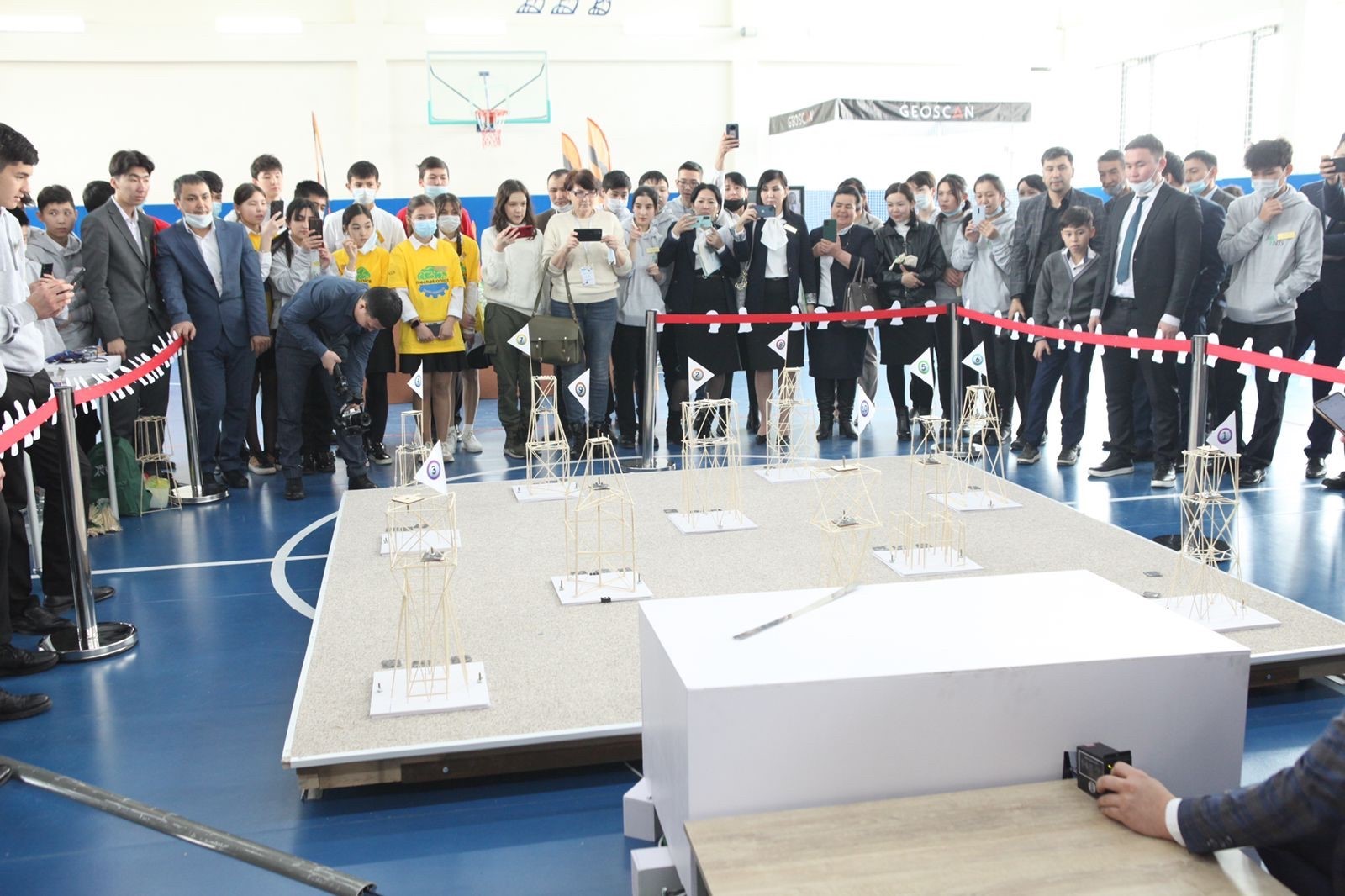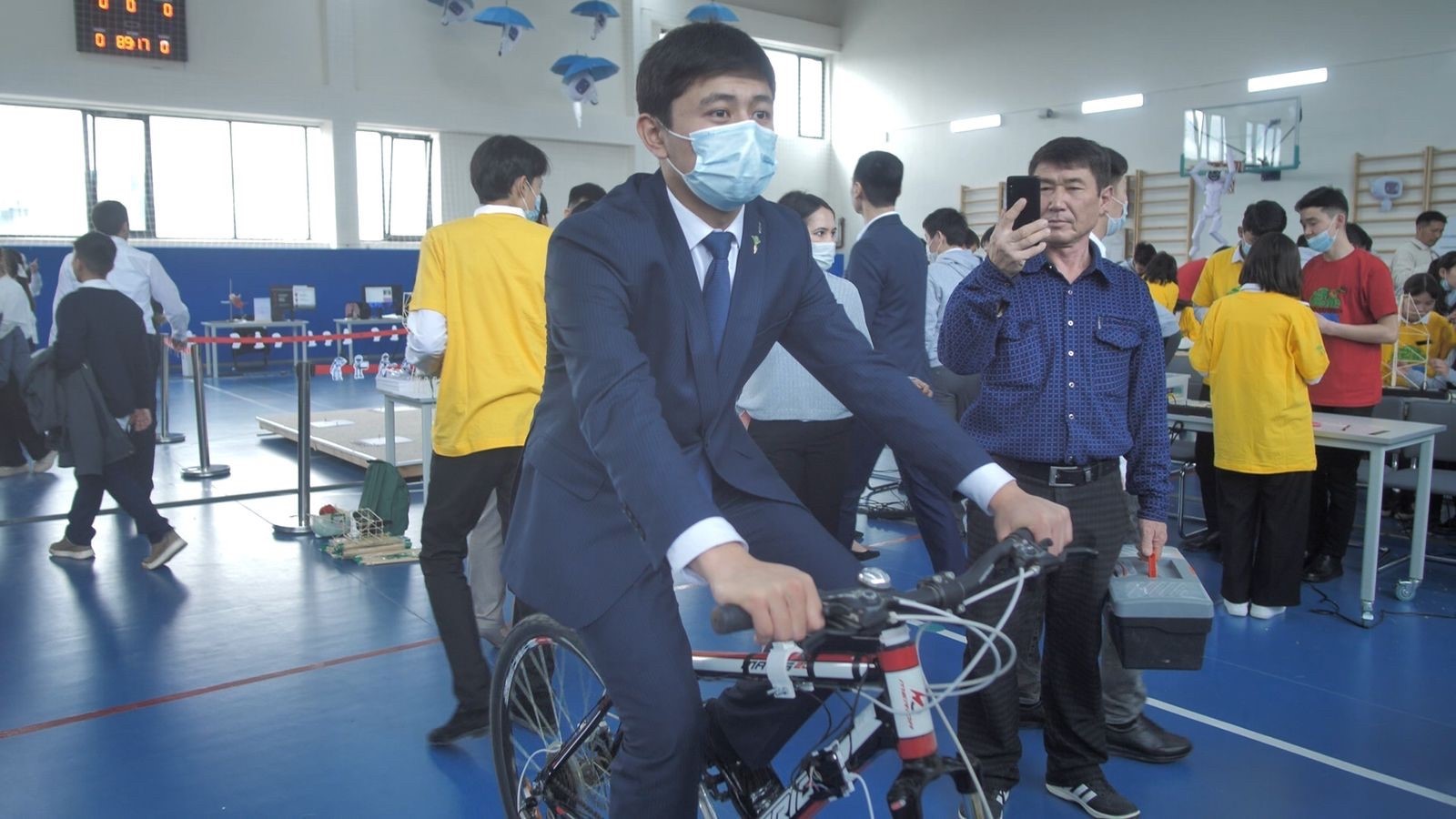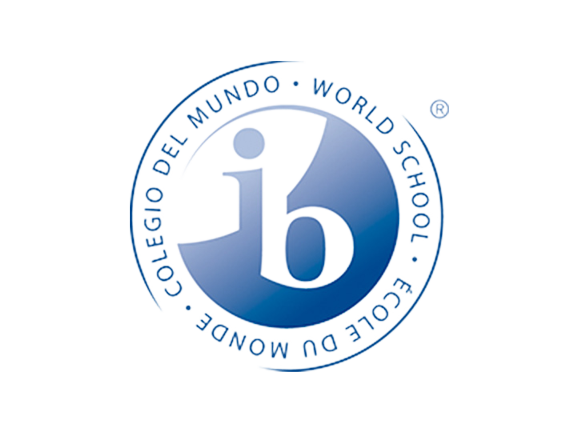Artificial Intelligence and the Traditions of NIS and Nauryz
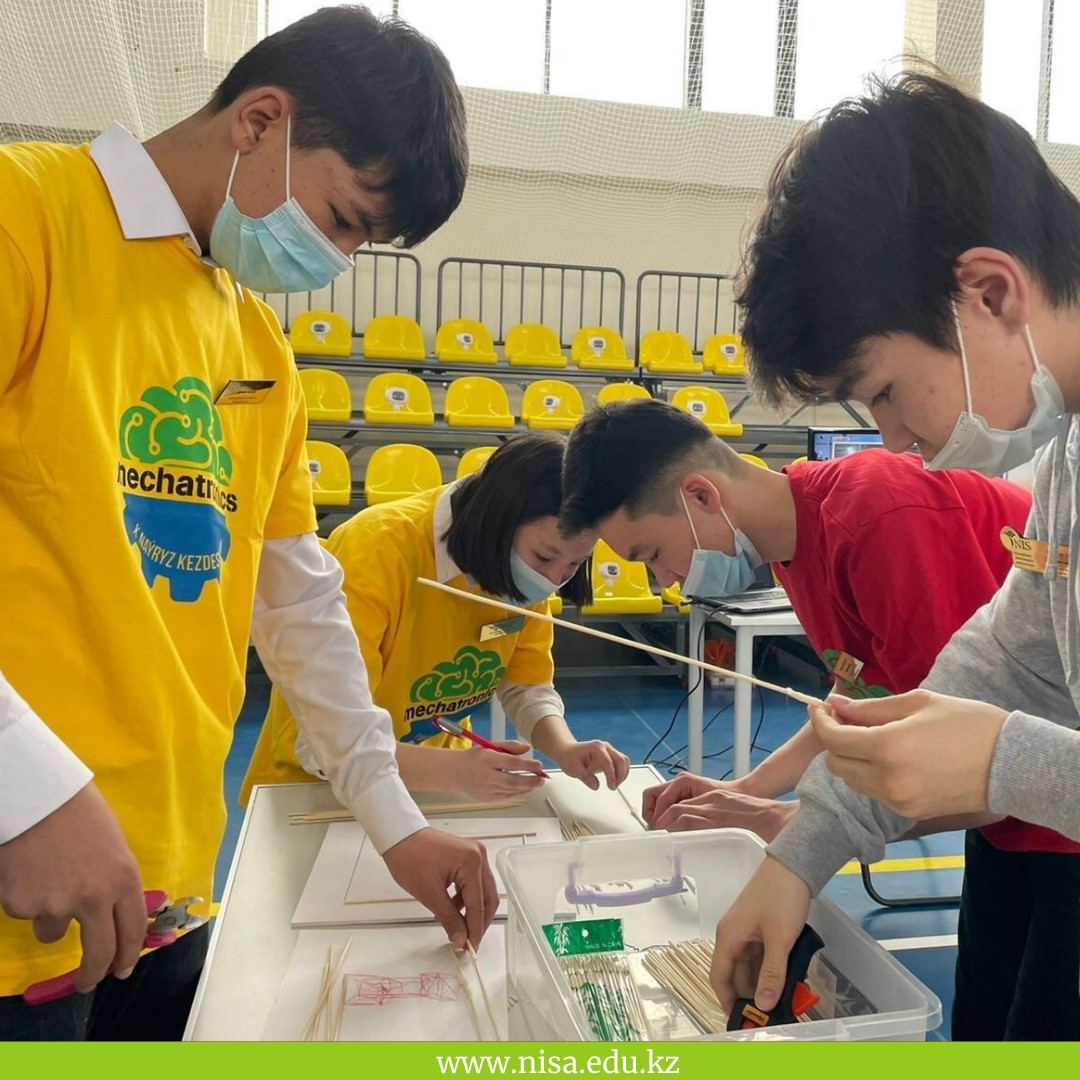
The “Artificial Intelligence and Mechatronics” Nauryz meeting ended at Nazarbayev Intellectual Schools.
This year the traditional spring competition of scientific projects is devoted to one of the most topical priorities of our time, this is “Artificial Intelligence and Mechatronics.
The webinars in Kazakh, English and Russian were joined by famous domestic and foreign speakers in the field of artificial intelligence, digital technologies, robotics, engineering, architecture, and ecology. They are the European futurist Gerd Leonhard from Switzerland, hydrogen transport expert Brendan Norman from Australia, Alice Bolshakova, head of education project development at the Russian company R:ED, Zhanat Makhatayeva, a researcher at Nazarbayev University, and other distinguished scientists. Practical sessions at all the Intellectual Schools were devoted to Pythagoras’ theorem in topography, the use of mathematical modeling to understand earthquakes, the creation of space materials and other projects in chemistry, biology, physics, mathematics and computer science.
A special course for computer science teachers of general education schools in Turkestan region on design and 3D modeling was prepared in the IT zone. A total of about 150 teachers, school principals and their deputies, as well as about 300 students from the southern region came to the NIS Nauryzov Meetings.
The main events of the Nauryzov Meetings were the programmed flight of training drones, the team game “The most earthquake-resistant structure”, and the NIS Intell Race, where cars assembled by young inventors took off.
Artificial intelligence and ancient Kazakh traditions played in “Altyn saqa” on the festive territory itself, decorated with multicolored asykas.
The Nauryzov meetings are a landmark event for Nazarbayev Intellectual Schools, and this year they began their return to the real format. Every year in March at NIS young scientists and inventors present unique projects in which artificial intelligence, digital technology, the most current trends in world science are supported by folk traditions and national culture.
